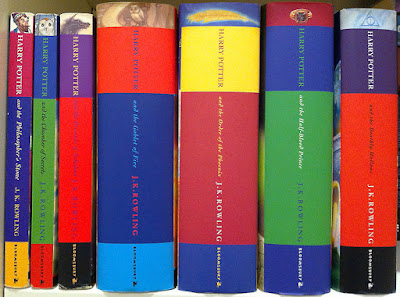This past Wednesday,
The University of Calgary Career Services hosted
Steve Watt, the Canadian Marketing Manager for LinkedIn. He spoke to a packed lecture hall of undergrad and grad students alike, eager to learn how to optimize the use of
LinkedIn for building your professional brand and finding long term career success.
As per usual, I took notes... here are the highlights!
The current standards for hiring are incredibly inefficient, both for the companies doing the hiring and for you, the applicants. Steve Watt boasts that he is proudly a disruptive force, trying to shake things up in the traditional game of job seeking. Teaching companies and talking to students about what the changing world, including of course
LinkedIn, means to you and how not to get left behind. What it all comes down to in a nutshell?
Don't think in terms of your Resume and CV any more, think about Building your Professional Brand.
And what better social media service for building your professional brand is there than Linkedin? It's all about getting out of the stack of hundreds of similar resumes and into real, human connections with the people making the hiring decisions.
Steve offered up 7 tips to stand out from the crowd. (as to why 7? Lanny McDonald wore 7 when he played for the Leafs! yeessh not another Leafs fan!)
7 Tips to Stand Out from the Crowd
1. Start with a Photo and Headline: simple facts, profiles with photos get 7 times the clicks as those that don't have them. But remember, go with something professional. As for your headline, it should be a true statement about who you are. Steve's best advice, ask yourself, would anyone say the opposite... and if no one would then how does it make you stand out?
2. Write a Compelling Summary: if your headline was the bait, here's where you get to real them in. Stay tight and concise, no one wants to read forever, and don't forget to update it as you grow and change.
3. Recommendations and Skills Endorsements: Nothing goes farther than an authentic recommendation, I mean if I wouldn't buy a camera on Amazon without reading some good reviews, I probably wouldn't hire you without seeing what people have to say. Go for quality over quantity here. Skills Endorsements, relatively new to LinkedIn, however develop a picture of you in the aggregate, if 50plus people say you have great salesmanship skills, it must be true.
4. Every Employee is an Ambassador: What if you aren't actively looking for a job? Your LinkedIn profile should still best represent the organization you work for. A robust, well connected profile makes your company look good...at least that's what you can tell your boss when he catches you updating it on company time.
5. Engage Your Network: this is digital networking. How can you drive traffic to your profile? establish yourself as a leader in your field, share articles, join groups, and get involved in conversations.
6. Did I Mention Join Groups?: There are over 2 million groups on LinkedIn, and some of them are amazingly robust communities. Seek those which are big and vibrant in your field. Join in and think of it like a cocktail party, take a couple laps around the room to get the mood, and then ramp up your engagement, Make sure you leave the impression on people that you want.
7. Take advantage of LinkedIn Today and Influencers: LinkedIn Today is a newsfeed you can tailor to your interests, and may be full of important news that sets you aside from your peers at an interview. Influencers are established, successful individuals, who you can follow (similar to a blog or twitter) and try to absorb their knowledge.
How have you successfully used LinkedIn along your career path? Which of these tips are you going to make use of ASAP?

















